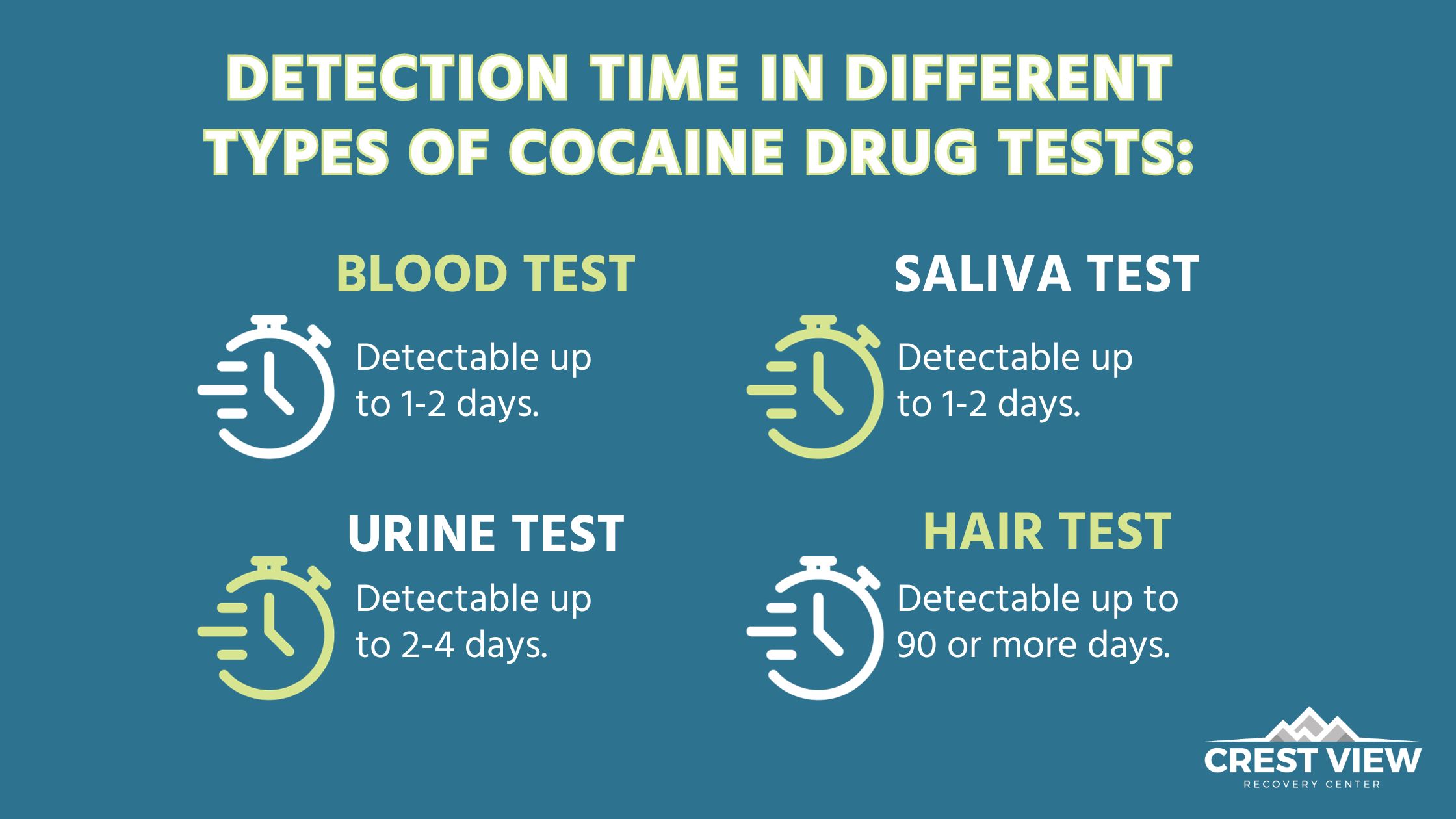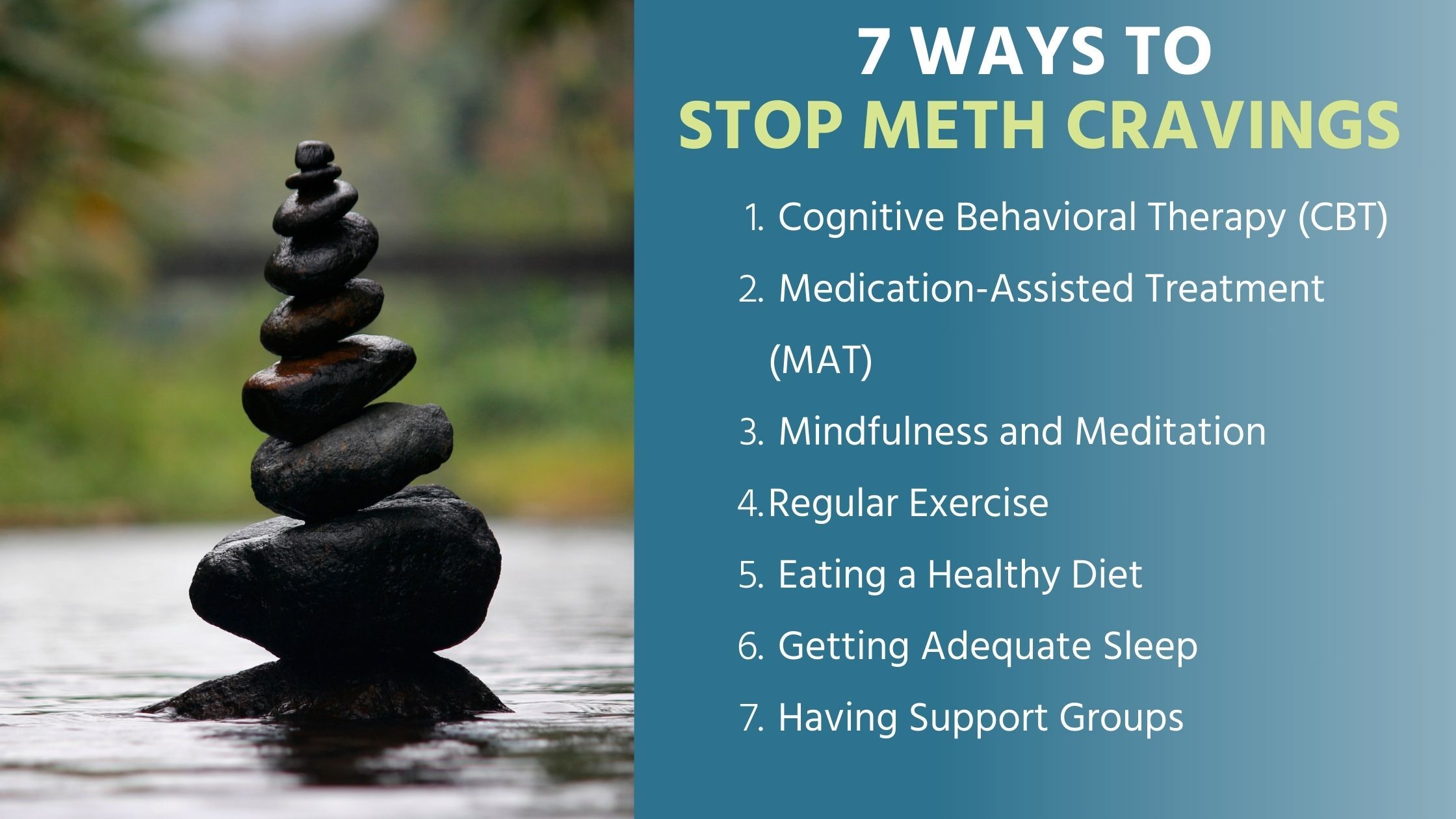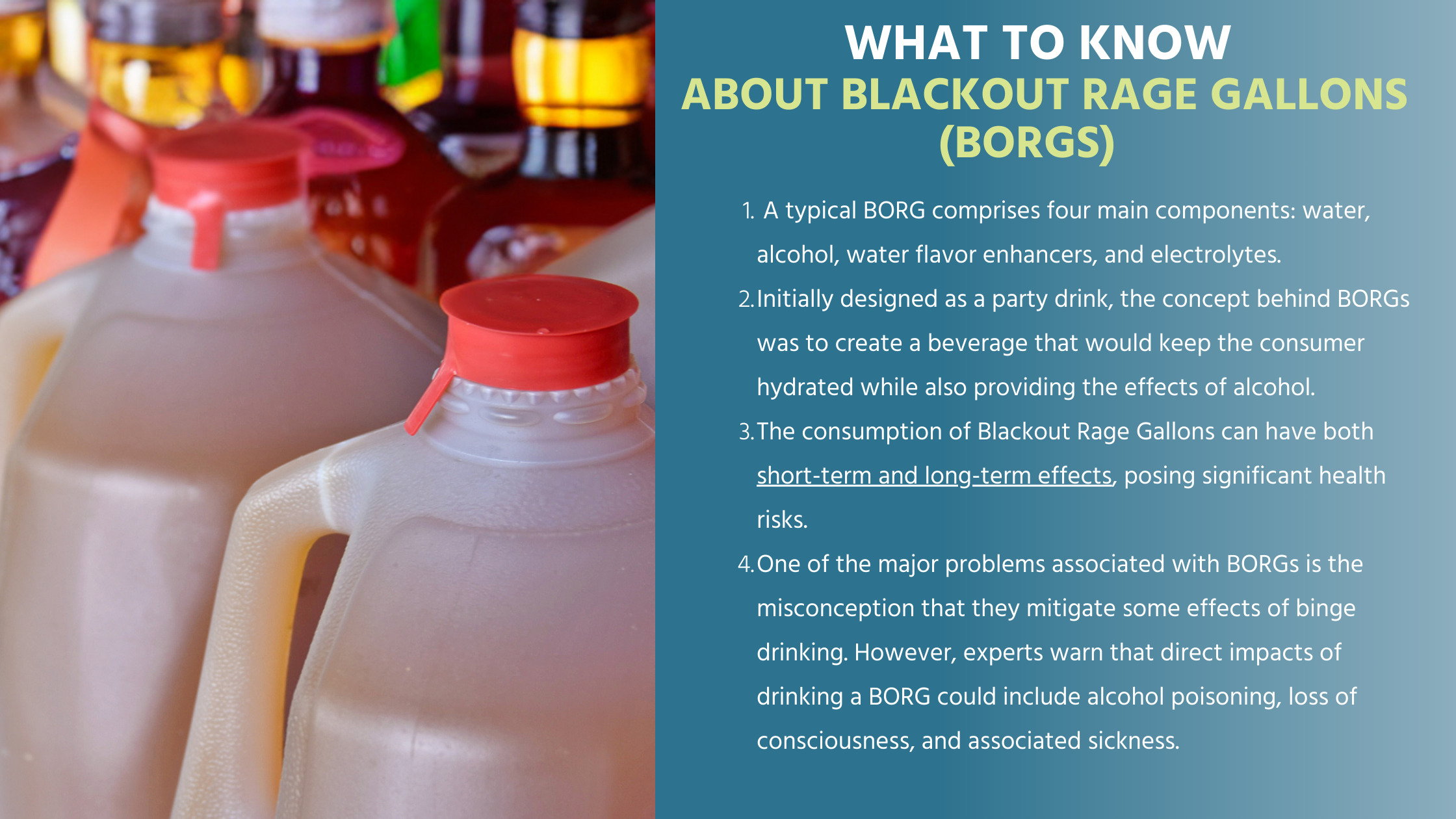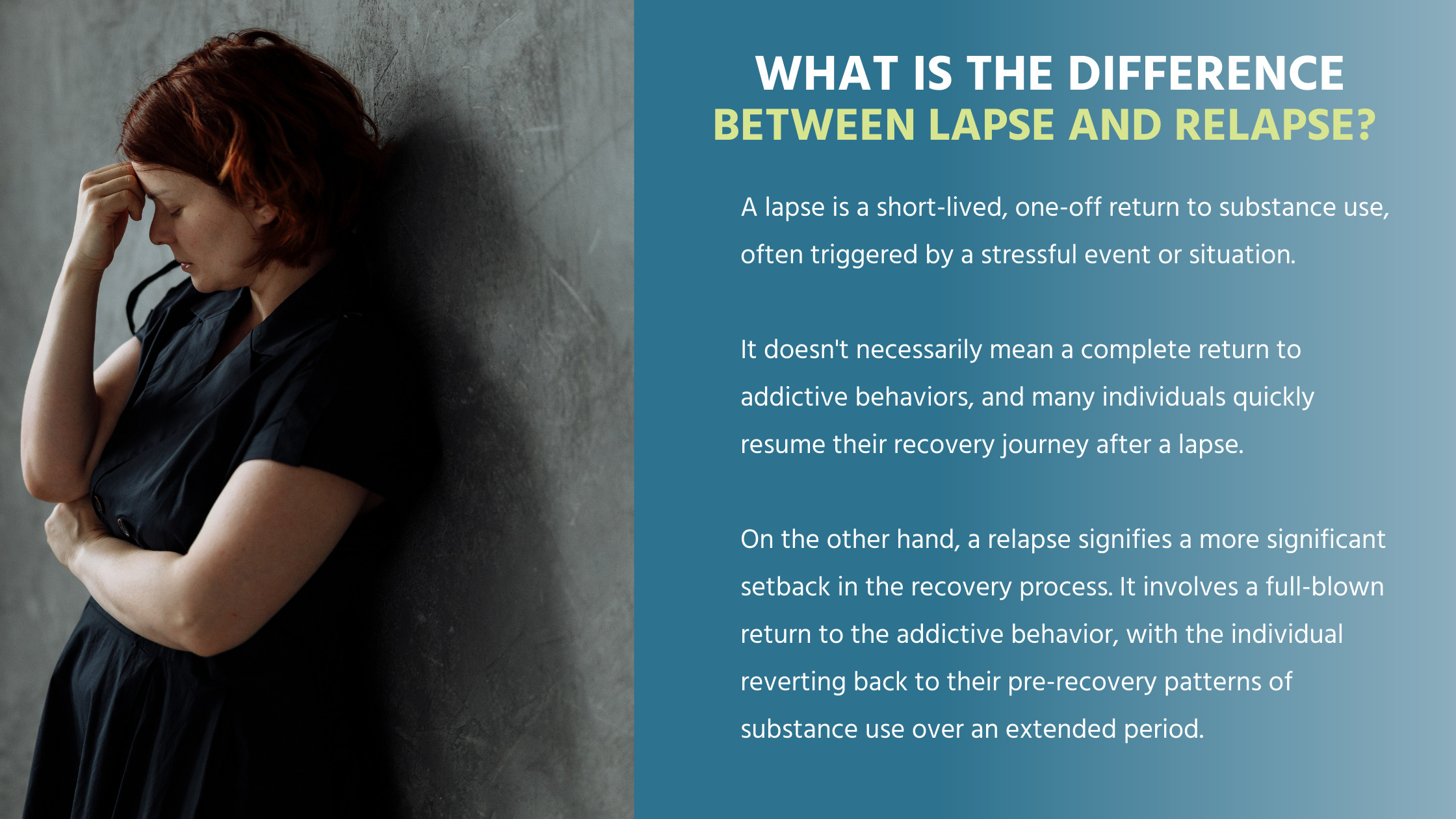Cocaine is a potent stimulant with a reputation for intense high and equally intense risks. One of the most commonly asked questions about cocaine is: “How long does cocaine stay in your system?” Understanding this aspect is critical, not...
Cocaine is a potent stimulant with a reputation for intense high and equally intense risks. One of the most commonly asked questions about cocaine is: “How long does cocaine stay in your system?”
Understanding this aspect is critical, not only for those undergoing drug testing but also for individuals concerned about their health and recovery journey.
In this blog post, we will delve into the factors that influence how long cocaine remains in your system, the different detection windows for various tests, and what you can do if you’re seeking help for cocaine use. Let’s unravel these complexities together.
Understanding Cocaine Metabolism
Cocaine is a powerful stimulant that the body begins to metabolize almost immediately after ingestion. Once it enters the bloodstream, it travels to the liver, where enzymes break it down into several metabolites, the most notable of which is benzoylecgonine.
Factors Influencing Cocaine Metabolism
The rate at which cocaine is metabolized varies greatly among individuals and is influenced by several factors. One key factor is the individual’s metabolic rate. People with faster metabolisms tend to process cocaine more quickly than those with slower metabolisms.
Another factor is the method of ingestion. Cocaine can be ingested in several ways: orally, intranasally (snorting), intravenously (injection), or by smoking. Each method introduces cocaine into the system at different rates, affecting how quickly it is metabolized. For instance, cocaine is metabolized faster when smoked or injected compared to when it is snorted or ingested orally.
The frequency and amount of use also play a role. Regular or heavy users may have cocaine and its metabolites present in their system for longer periods because the body has not had enough time to fully metabolize the drug before the next dose.
Finally, individual health and lifestyle factors, such as age, overall health, liver function, and even hydration levels, can influence how quickly cocaine is metabolized. These complexities make it challenging to answer the question, ‘how long does cocaine stay in your body?’ with accurate certainty since the timeline for cocaine metabolism varies from one individual to another.
Detection Time in Different Types of Tests
Cocaine, like many other drugs, can be detected in the human body through various types of drug tests. Each method has a different detection window, which is influenced by factors such as the frequency and quantity of use, metabolic rate, and overall health of the individual.
Blood Tests:
Blood tests are a reliable way to detect the presence of cocaine. However, they have a relatively short detection window. Cocaine can typically be detected in the blood within 1-2 hours of use and can remain detectable for up to 1-2 days. This makes blood tests most effective at detecting recent use.
Urine Tests:
Urine tests are the most common type of drug test for cocaine. They don’t detect cocaine itself, but rather its main metabolite, benzoylecgonine. This metabolite can be detected in urine for approximately 2-4 days for occasional users. However, for chronic or heavy users, it can be detectable for up to two weeks.
Saliva Tests:
Saliva tests provide a quick and non-invasive way to screen for cocaine use. Cocaine can be detected in saliva within minutes of use and remains detectable for about 1-2 days. However, some studies suggest that in heavy users, cocaine might be detectable in saliva for up to a week.
Hair Tests:
Hair tests have the longest detection window of all. This is because drugs and their metabolites are incorporated into the hair as it grows. Cocaine can be detected in hair follicles for up to 90 days (and sometimes even longer) after use. However, this method is less commonly used due to its cost and the time it takes to get results.
 It’s important to note that these timelines are approximations and can vary greatly among individuals. Furthermore, no drug test is 100% accurate, and results can be influenced by a variety of factors, including test sensitivity and specificity, the quality of the sample, and the exact timing of the test in relation to drug use.
It’s important to note that these timelines are approximations and can vary greatly among individuals. Furthermore, no drug test is 100% accurate, and results can be influenced by a variety of factors, including test sensitivity and specificity, the quality of the sample, and the exact timing of the test in relation to drug use.
Factors Affecting Cocaine Clearance from the Body
The length of time cocaine stays in an individual’s system is influenced by a variety of factors. These factors include:
Age: According to a study published in Springer, age can impact the clearance rate of substances metabolized by the cytochrome P450 3A enzymes, which are involved in cocaine metabolism.
Health status: The health status of the person also plays a critical role. As per a study in the Journal of Clinical Chemistry, the body’s overall clearance capacity can affect how quickly it eliminates toxins, including cocaine. People with healthy liver and kidney function are generally able to clear cocaine from their systems faster than those with compromised organ function.
Frequency and amount of cocaine use: This is yet another factor that significantly impacts how long cocaine takes to clear from the body. Regular or heavy users may have cocaine and its metabolites present in their system for longer periods because the body has not had enough time to fully metabolize the drug before the next dose.
Presence of other substances: For instance, alcohol can alter the metabolism and clearance of cocaine, leading to different pharmacological effects.
Individual lifestyle: Factors such as hydration levels, body mass, and physical activity levels can also influence the speed of cocaine metabolism and clearance from the body.
The Impact of Cocaine on Health and Wellness Over Time
Long-term use of cocaine can have profound effects on both physical and mental health. Physically, it can lead to heart disease, stroke, and damage to the respiratory and nervous systems.
It can also cause chronic nosebleeds and sinus issues in those who snort the drug, while intravenous users risk infections and blood-borne diseases.
Mentally, cocaine use can lead to addiction, depression, anxiety, and paranoia. It can also cause cognitive impairment, affecting memory, attention, and decision-making abilities.
These detrimental effects underscore the importance of seeking help if struggling with cocaine addiction.
Get Professional Treatment for Cocaine Addiction in North Caroline
Cocaine addiction is a serious, life-threatening condition. It’s crucial to seek professional help immediately for the best chances of recovery. Crest View Recovery Center in Asheville, NC offers comprehensive treatment plans to address this complex issue.
Don’t let addiction control your life any longer. Act now by calling Crest View Recovery Center at (866) 986-1371 or filling out this contact form. Start your journey to recovery today.
The post How Long Does Cocaine Stay In Your System? appeared first on Crest View Recovery Center.















